These reflections are a result of more than 40 years of ministry as a Roman Catholic priest. Most of these years I spent in the Diocese of Charlotte which covers Western North Carolina. Now I am retired, and live in Medellín, Colombia where I continue to serve as a priest in the Archdiocese of Medellín.
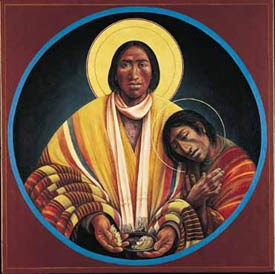
Peter turned and saw the disciple following whom Jesus loved,
the one who had also reclined upon his chest during the supper
and had said, “Master, who is the one who will betray you?”
When Peter saw him, he said to Jesus, “Lord, what about him?”
Jesus said to him, “What if I want him to remain until I come?
What concern is it of yours?
You follow me.”
So the word spread among the brothers that that disciple would not die.
But Jesus had not told him that he would not die,
just “What if I want him to remain until I come?
What concern is it of yours?”
It is this disciple who testifies to these things
and has written them, and we know that his testimony is true.
There are also many other things that Jesus did,
but if these were to be described individually,
I do not think the whole world would contain the books
that would be written.
(Jn 21:20-25)
We come to the Second (and final) Conclusion of the Fourth Gospel. (The first conclusion is at the end of the previous chapter 20, Jn 20:30-31). Remarkable is the reference that the Beloved Disciple has testified to these things and “has written them.” Apparently, the Beloved Disciple has already died. But as the writer of this final chapter notes, if everything that Jesus did were written down, the world couldn’t contain the books.
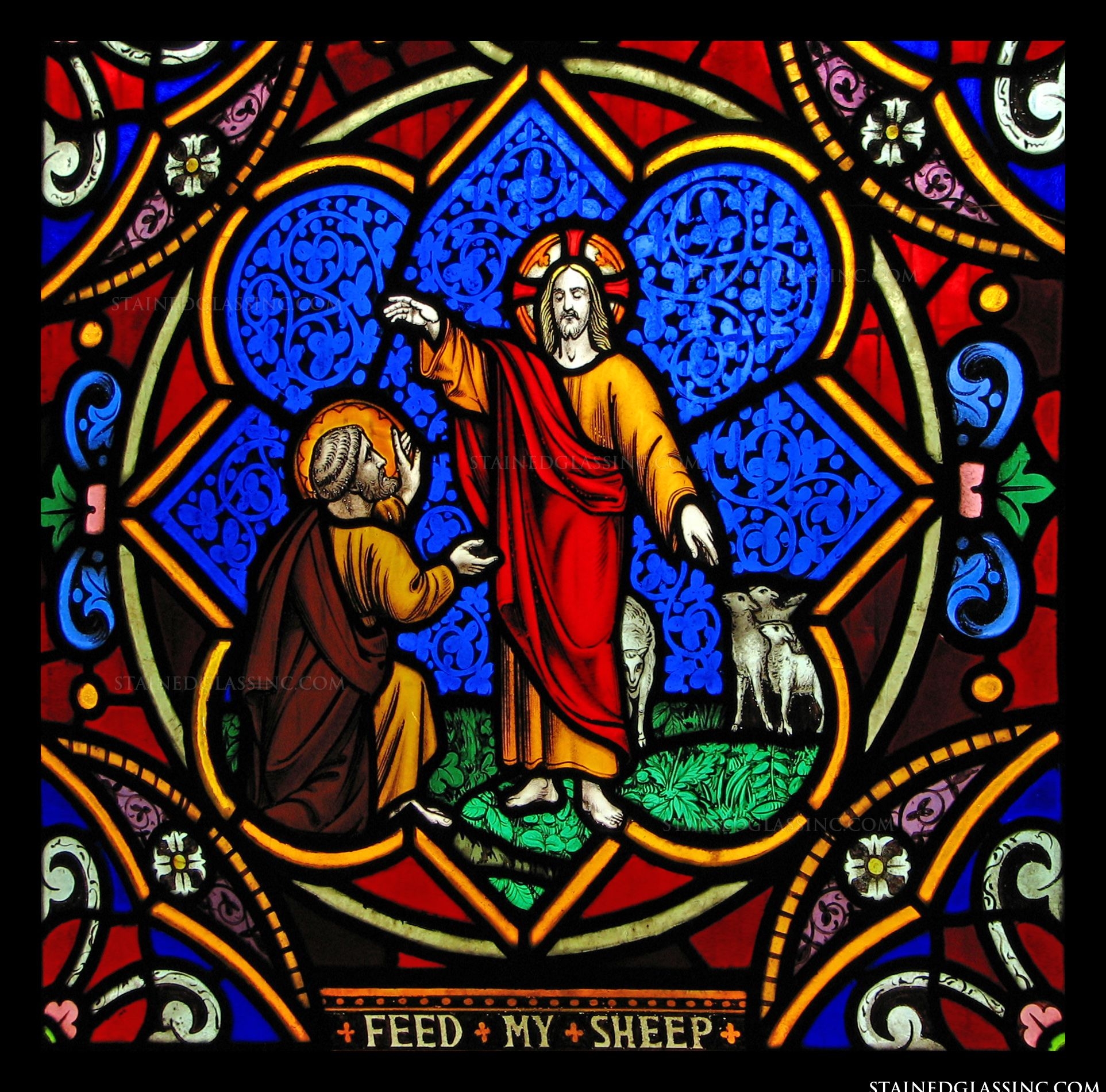
Jesus said to Peter the third time,
“Simon, son of John, do you love me?”
Peter was distressed that he had said to him a third time,
“Do you love me?” and he said to him,
“Lord, you know everything; you know that I love you.”
Jesus said to him, “Feed my sheep.
Amen, amen, I say to you, when you were younger,
you used to dress yourself and go where you wanted;
but when you grow old, you will stretch out your hands,
and someone else will dress you
and lead you where you do not want to go.”
He said this signifying by what kind of death he would glorify God.
And when he had said this, he said to him, “Follow me.”
(Jn 21:15-19)
We have come to the final days of the Easter Season. This chapter 21 has been added to the Fourth Gospel. The chapter begins with Breakfast by the Sea. Then, in today’s passage, Peter is restored to ministry, and in his martyrdom he will follow Jesus. Tomorrow we will hear about what happens to the Beloved Disciple.
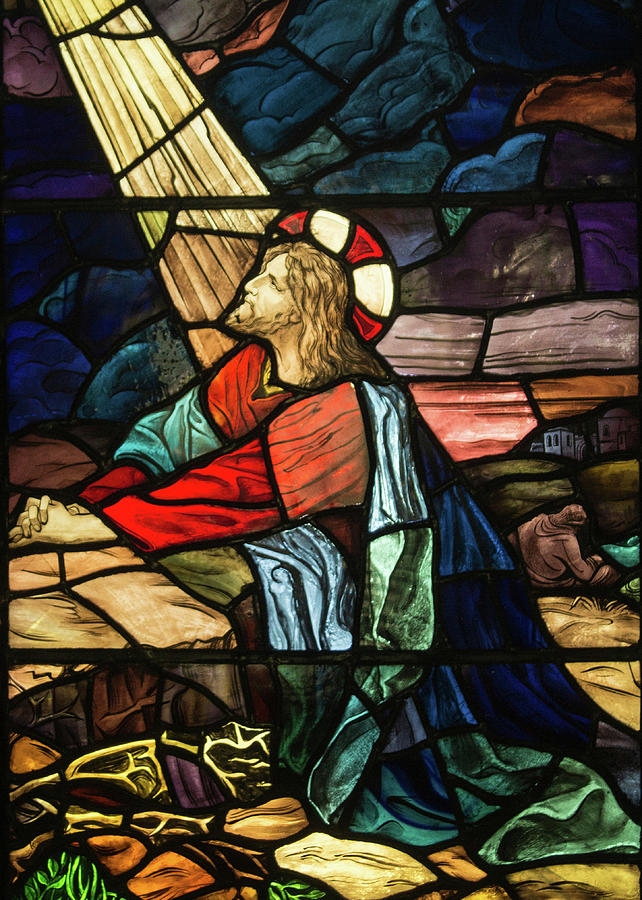
Alleluia
R. Alleluia, alleluia.
May they all be one as you, Father, are in me and I in you,
that the world may believe that you sent me, says the Lord. (Jn 17:21)
R. Alleluia, alleluia.
Today’s passage is a continuation of the High Priestly Prayer of Jesus from the 17th chapter of the Fourth Gospel. How important is our unity!
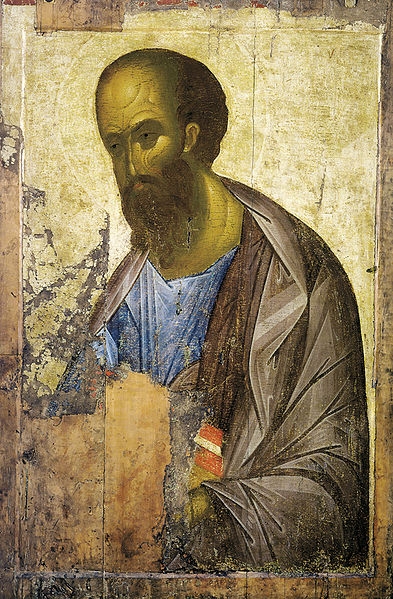
When Paul had finished speaking
he knelt down and prayed with them all.
They were all weeping loudly
as they threw their arms around Paul and kissed him,
for they were deeply distressed that he had said
that they would never see his face again.
Then they escorted him to the ship.
(Acts 20:28-38)
It was a tearful goodbye when Saint Paul took his leave of the presbyters of the Church of Ephesus. But our “goodbyes” are never final . . . in the Lord we will see each other again.
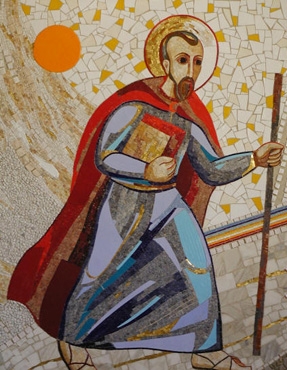
From Miletus Paul had the presbyters
of the Church at Ephesus summoned.
When they came to him, he addressed them:
“I consider life of no importance to me,
if only I may finish my course
and the ministry that I received from the Lord Jesus,
to bear witness to the Gospel of God’s grace.”
(Acts 20:17-27)
Saint Paul will finish the course. His martyrdom in Rome, along with Saint Peter’s martyrdom in Rome, marked a turning point for the Early Church. Of course, the church of Rome could then claim the two greatest apostles as their own. This time between the Ascension and Pentecost is considered the first novena . . . praying for the coming of the Holy Spirit.



